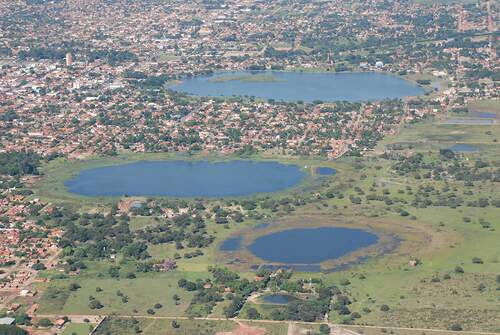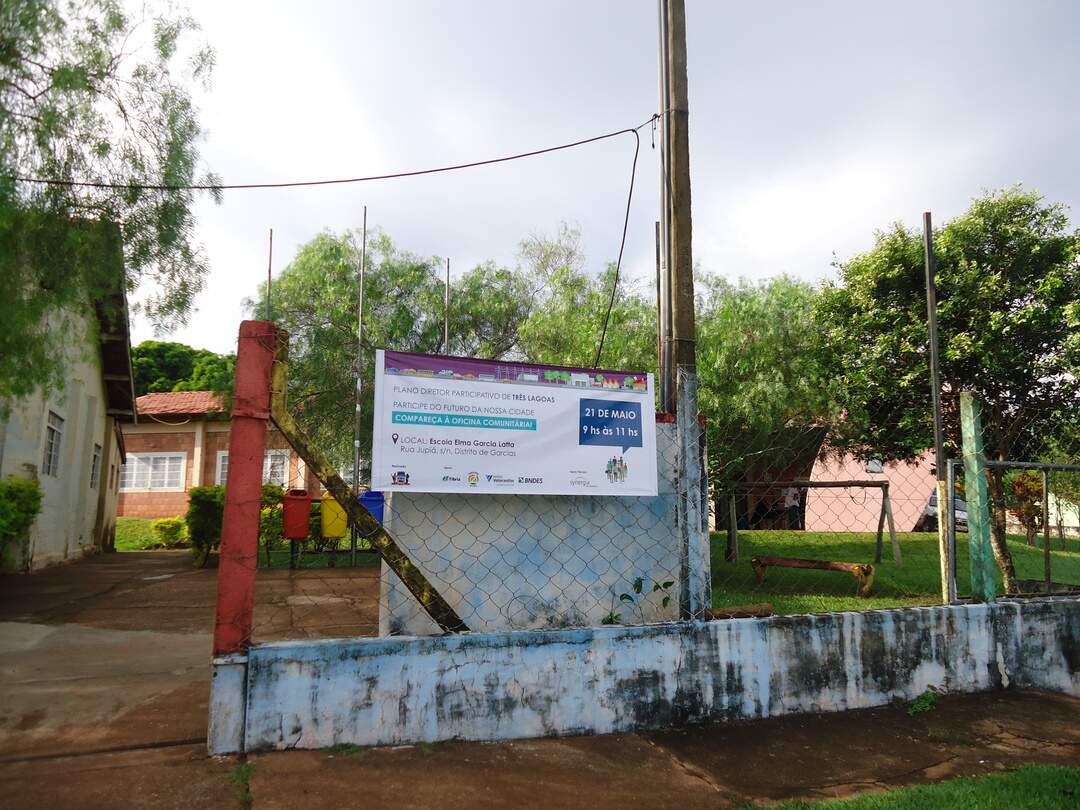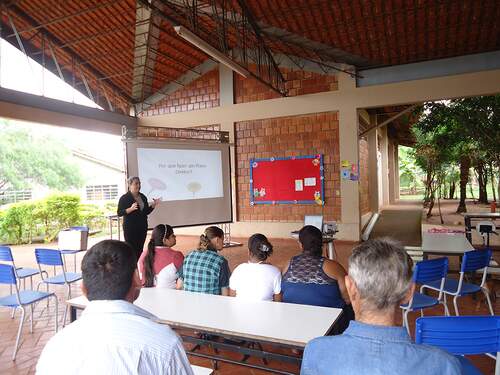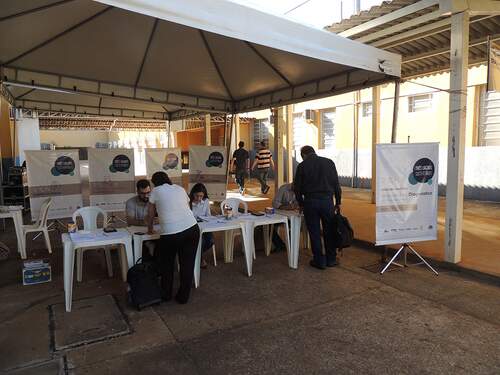
The Emerging and Sustainable Cities Initiative (ICES) is a project of the Inter-American Development Bank (IDB) that emerged in 2012. Its purpose was to offer the governments of emerging cities a quick assessment capable of identifying, organizing and prioritizing socio-economic and infrastructure projects, drivers of development, with a short, medium and long term vision.
Through it, it was possible to define proposals that allow an improvement in the quality of life and greater sustainability for cities that have as characteristics a high standard of living, with grandiose green spaces, good cultural areas and economic development potential. The intention of the project was to prevent such cities from being disfigured by disorderly growth.
For the Três Lagoas Sustainable Plan, a public opinion survey was carried out, with more than a thousand respondents, and dozens of meetings, workshops and seminars were held involving more than 200 local entities. There was also the execution of an extensive multidisciplinary study that generated comprehensive technical material on climate change, public management and governance, socioeconomics, urbanism and the environment. Through it, the 127 municipal evaluation indicators that make up the ICES were stipulated.
To monitor the implementation of the Plan, a Social Observatory was built. In this way, a group of local actors, representative of organized society, was mobilized to monitor their results and be the guardian of the project.
Business Sector: Public Management
Location: Mato Grosso do Sul
Period: 2016
Client: Instituto Votorantim; Fibria; Instituto Arapyaú and Inter-American Development Bank (BID)
Scope: The entire territory of Três Lagoas / MS
Goal: Build a Sustainable Development Plan based on the methodology proposed by the IDB, adopted internationally, for the identification and participatory evaluation of 127 indicators that can be monitored.
Results: Participatory construction, based on a structured analysis of the Três Lagoas Sustainable Plan, which guides the entire planning of the municipality, integrating the social, urban, environmental, fiscal and competitive dimensions, with hierarchical strategies and actions.
Solutions related to this case:


Sign up and receive our news.



